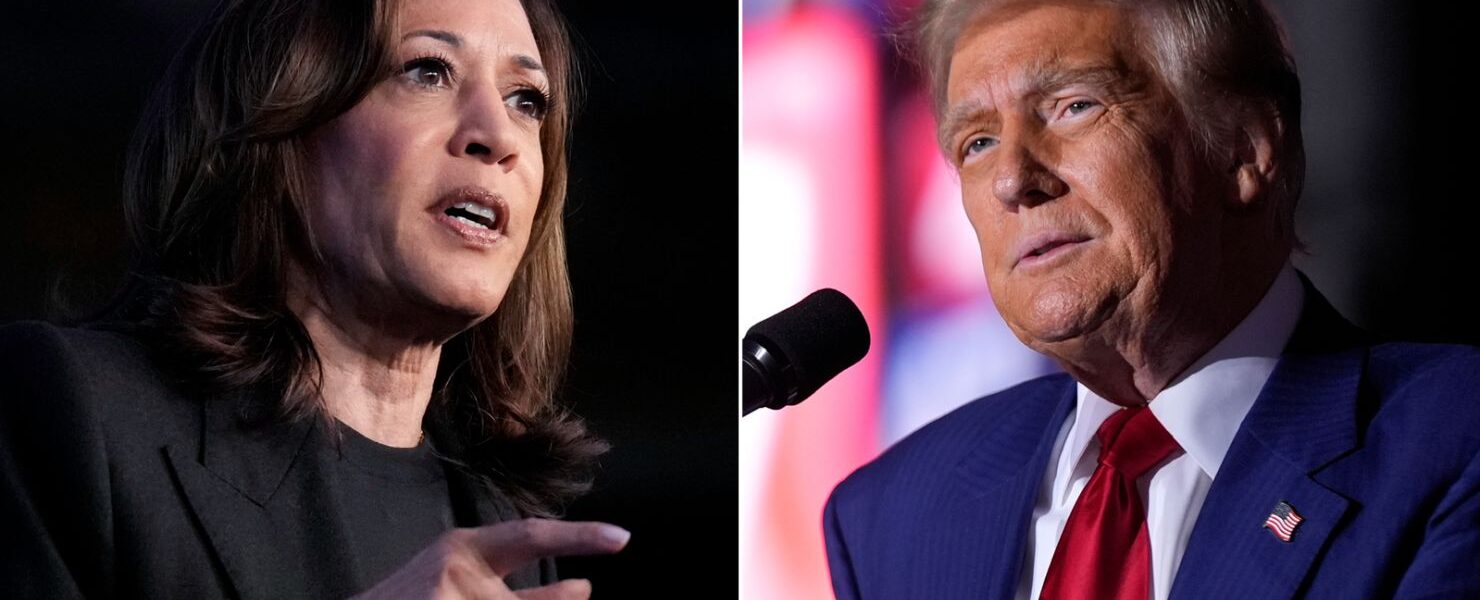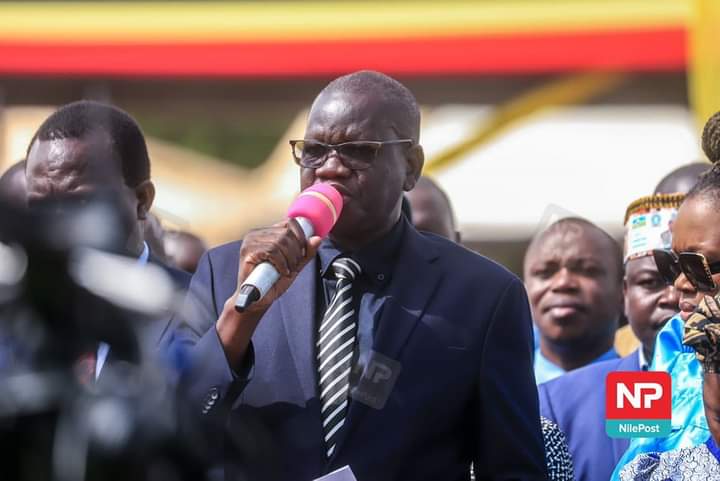Vice President Kamala Harris’s historic run for president ended in a shocking defeat to Donald Trump, leaving the Democratic Party in disarray and prompting tough questions about its future. What went wrong in a race that many expected Harris to win?
A Campaign Under Fire
Harris’s campaign, while historic, struggled to gain momentum. Her focus on abortion rights resonated with some voters but failed to address broader issues like the economy, inflation, and public safety—key concerns for swing voters.
Demographic shifts also hurt her campaign. Support among women declined from 57% in 2020 under Biden to 54%, while support from voters of color fell from 71% to 65%. Analysts point to a lack of effective outreach to Black and Latino men, a persistent weakness for Democrats.
Republicans capitalized on these vulnerabilities, with Trump running a relentless campaign that painted Harris as ineffective and out of touch.
Biden’s Transition Decision
President Joe Biden’s decision to pass the torch to Harris at age 81 has also come under scrutiny. While Biden’s age and health were seen as potential liabilities, many now question whether Harris was adequately prepared for the challenges of a high-stakes national campaign.
Biden’s upbeat demeanor during his concession speech sparked further speculation. Social media users noted his unusually energetic and confident tone, with some suggesting he appeared relieved.
Post-Election Reflections
The loss has prompted a wave of introspection within the Democratic Party. Critics have identified several key missteps:
- Overreliance on Social Issues: Was the campaign’s focus too narrow, alienating economically driven voters?
- Ineffective Messaging: Did Harris’s team fail to counter Republican narratives or articulate a clear vision for the future?
- Leadership Misjudgments: Was Biden’s decision to step aside a strategic miscalculation?
Moving Forward
As the party grapples with these questions, rebuilding trust with voters will be paramount. With Trump preparing for a second term, Democrats must address internal divisions, recalibrate their messaging, and strengthen their coalition to remain competitive in the next election cycle.
The road ahead will be challenging, but the lessons learned from 2024 could define the party’s future.







 {
#divFLRARight, #divFLRALeft {
display: none !important;
}
}
</style>
<script type=)